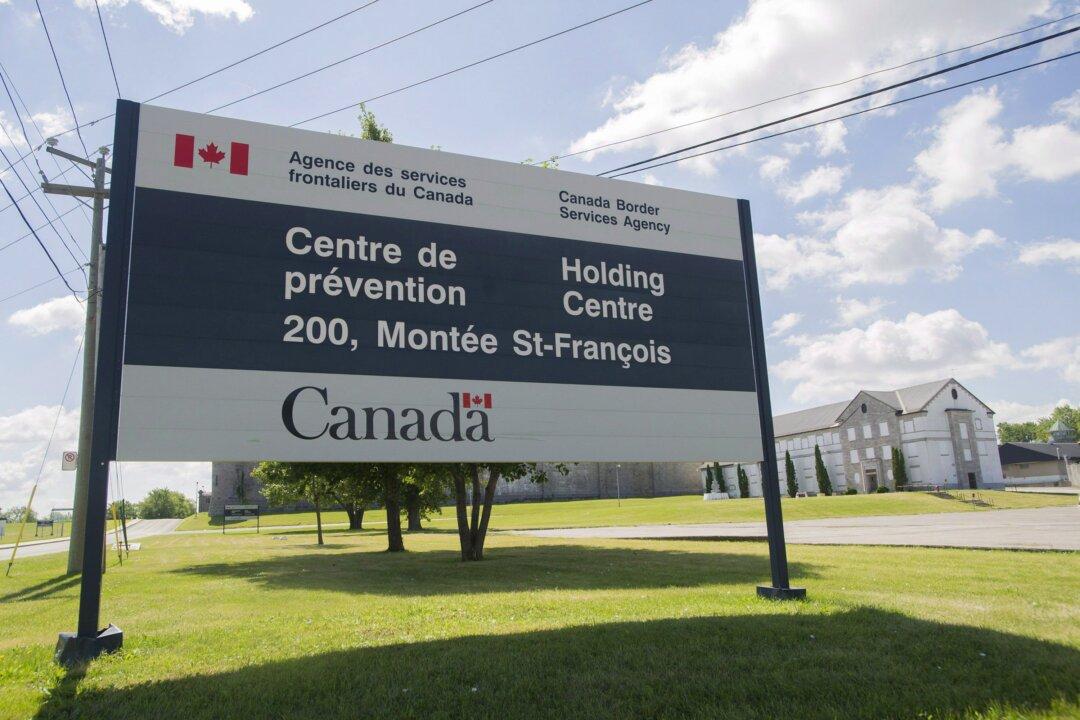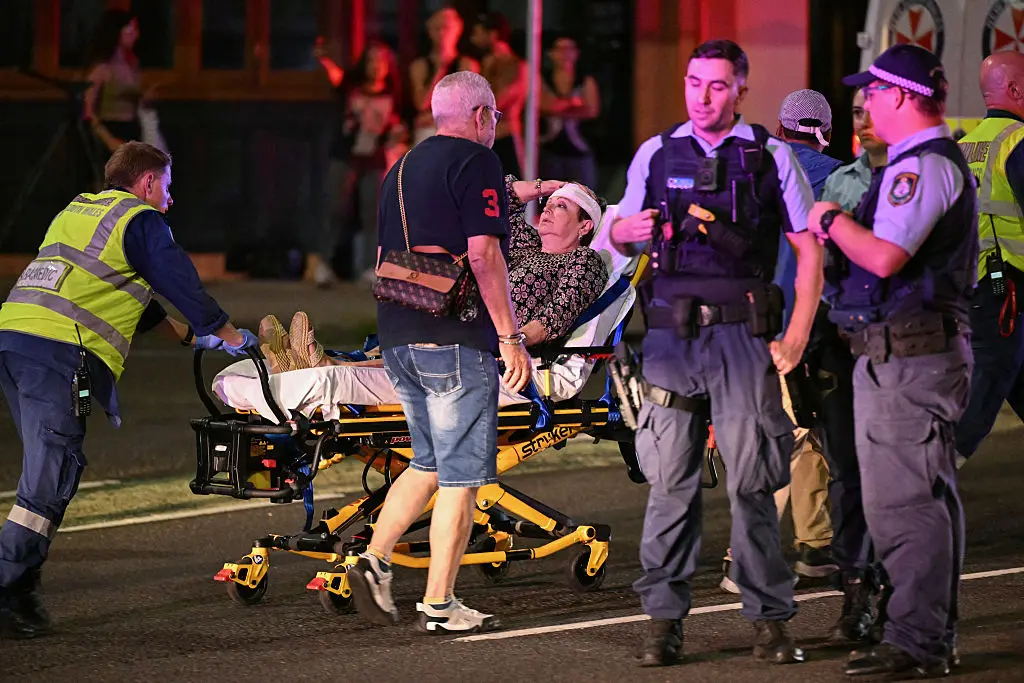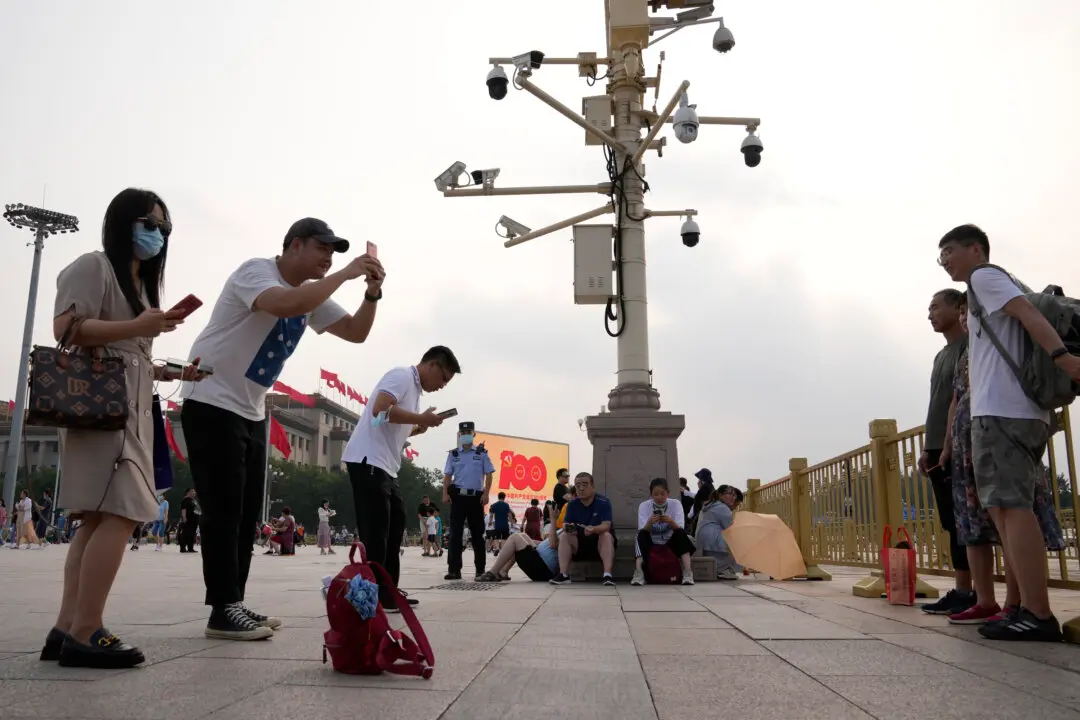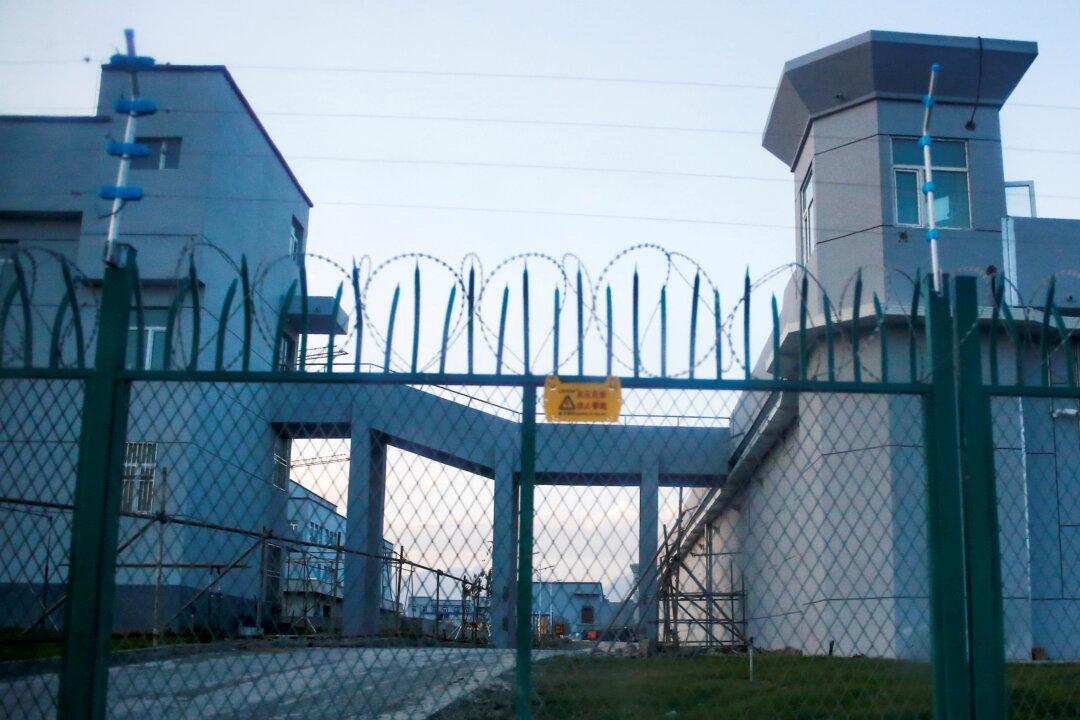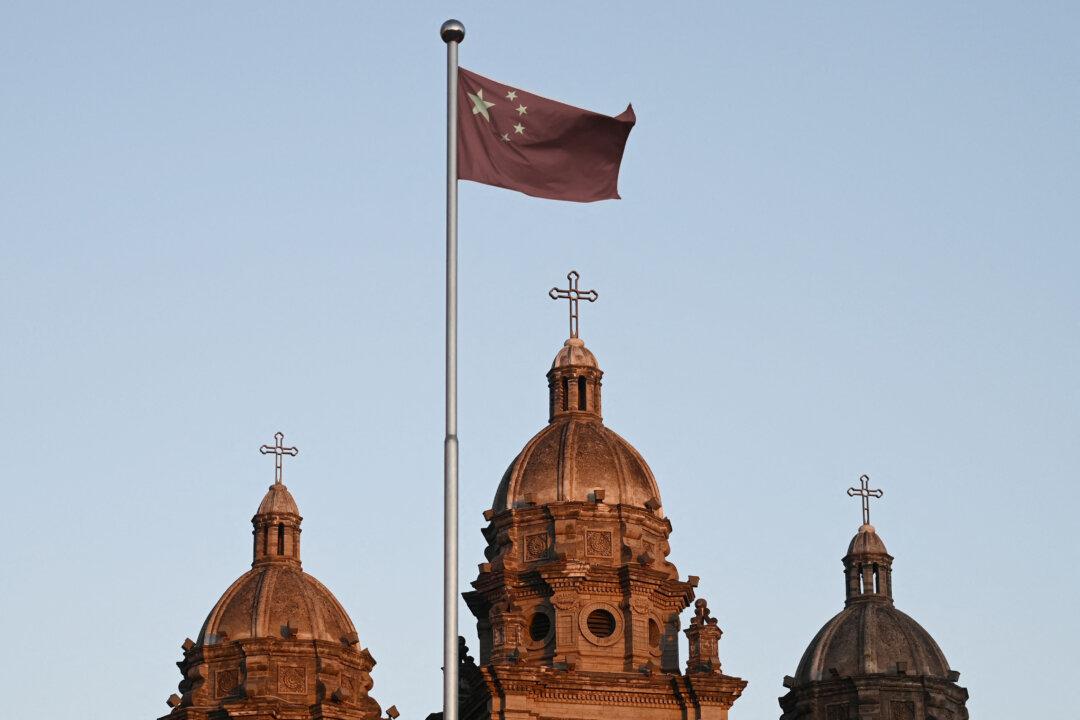Commentary
My maternal grandfather emigrated to Canada from Galicia (western Ukraine) during World War I. Although ethically Ukrainian, his passport listed him as a citizen of the Austro-Hungarian Empire, the very same with which Canada was at war then. As a consequence, he was deemed a national security threat and shipped off to an internment camp (or so my aunt told me—I cannot find his name among the official records). Nevertheless, more than 8,000 Ukrainians were sent to these camps between 1914 and 1920.
